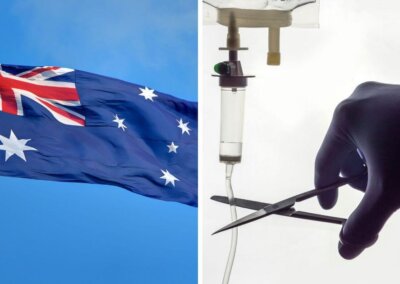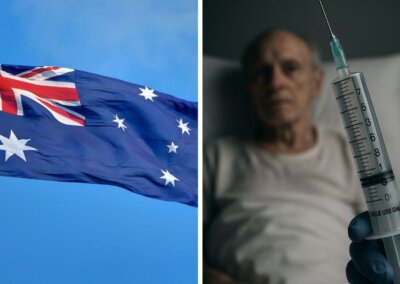A new artificial intelligence breakthrough from researchers in Australia may improve our ability to predict how much risk individual premature babies face.
A PhD student at James Cook University in Australia, Stephanie Baker, led a pilot study that used an artificial ‘hybrid neural network’ to accurately assess mortality risks for individual premature babies.
As Baker points out, complications resulting from premature births are the leading cause of death in children under five. Over half of all neonatal deaths occur among premature babies.
“Preterm birth rates are increasing almost everywhere. In neonatal intensive care units, assessment of mortality risk assists in making difficult decisions regarding which treatments should be used and if and when treatments are working effectively”, said Ms Baker.
Preterm babies are often given a score to indicate the level of risk they face. This score is then used to guide their care.
“But there are several limitations of this system. Generating the score requires complex manual measurements, extensive laboratory results, and the listing of maternal characteristics and existing conditions”, she said.
Over half of all neonatal deaths occur among premature babies
The research team Baker leads at James Cook University has developed the Neonatal Artificial Intelligence Mortality Score (NAIMS), a hybrid neural network that relies on simple demographics and trends in heart and respiratory rate to determine mortality risk. Their work has been published in the journal Computers in Biology and Medicine.
“Using data generated over a 12 hour period, NAIMS showed strong performance in predicting an infant’s risk of mortality within 3, 7, or 14 days.
“This is the first work we’re aware of that uses only easy-to-record demographics and respiratory rate and heart rate data to produce an accurate prediction of immediate mortality risk”, said Ms Baker.
“Due to the simplicity and high performance of our proposed scheme, NAIMS could easily be continuously and automatically recalculated, enabling analysis of a baby’s responsiveness to treatment and other health trends”, said Ms Baker.
She said NAIMS had proved accurate when tested against hospital mortality records of preterm babies and had the advantage of being able to perform a risk assessment based on any 12-hours of data during the baby’s stay.
She also explained that the new technique was fast, and did not require invasive procedures.
Survival rates for babies born before the abortion limit are increasing
Babies are continuing to be born before or shortly after the abortion limit in Great Britain of 24 weeks gestation and going on to live and even thrive at greater rates than before. Studies suggest that the majority of premature babies grow up to be healthy adults without any major health problems.
A study, published in the Journal of the American Medical Association in October 2019, followed 2.56 million babies born in Sweden between 1973 and 1997, around six percent of whom were born prematurely.
Researchers compared the health data of premature babies to those that had been born at full term. They found that 55% of premature babies had no serious chronic, physical, or mental health issues by early adulthood. This is compared to 63% for babies born at full term.
Right To Life UK spokesperson, Catherine Robinson said: “These kind of breakthroughs make the abortion narrative harder and harder to maintain. Given that many of these premature babies are born before the abortion limit in many countries, and are surviving and thriving, they further highlight the humanity of the child and show that abortion is ultimately about society allowing the ending of lives of babies”.












